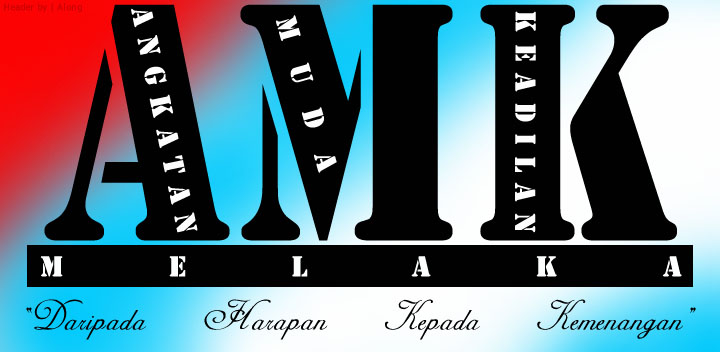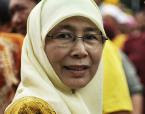Clashes between protesters and Thai police on Tuesday left at least one dead and hundreds injured, with the army deployed as months of political turmoil boiled over into violence, officials said.
There were scenes of chaos outside Bangkok's parliament as police fired tear gas into the crowd of thousands, sending bloody protesters fleeing. Angry mobs overturned police vehicles and fired guns, AFP correspondents said.
One female protester was killed during clashes after suffering internal injuries, a doctor from a Bangkok hospital said.
Eight police officers were shot or stabbed in the unrest, police said, which capped months of demonstrations aimed at removing Thailand's elected government because of its ties to ousted premier Thaksin Shinawatra.
"The government does not consider (the protests) peaceful," said government spokesman Nattawut Saikua. "They are armed militants with guns and hand grenades and move with clear purpose to seize key government installations."
A man was killed in a car bombing near the protest site, although police said it was unclear if the blast was linked to the violence.
An army spokesman said police had called the military in to help quell protests but the powerful army chief quickly sought to reassure Thailand that there would be no military takeover in the coup-prone kingdom.
"Public, please do not panic. The troops are being sent out not because there is another coup. Absolutely the military will not stage a coup. It's not good for our country," General Anupong Paojinda told reporters.
Army spokesman Colonel Sunsern Kaewkumnerd told AFP that unarmed troops from the army, navy and air force were being deployed "across Bangkok, not just at the flash points, to maintain law and order".
Prime Minister Somchai Wongsawat -- who has only been in post for three weeks -- said earlier he would not declare a state of emergency or resign as the protests escalated.
Government medical officials said 410 people had been injured, with 49 hospitalised, as police tried to disperse thousands of protesters surrounding parliament to try to prevent Somchai from giving his first policy speech.
The address went ahead but the special parliamentary session ended after two hours and protesters blockaded lawmakers inside, forcing Somchai and five aides to climb a fence to escape the mob, an AFP correspondent said.
Police bombarded the demonstrators with tear gas throughout the day to try and disperse the protesters and all the legislators eventually escaped.
The political turmoil began here in late May when protesters launched their campaign to overthrow the government because of its ties to Thaksin, who was ousted in a September 2006 coup -- the kingdom's 18th putsch.
Supporters of the People's Alliance for Democracy (PAD) stormed Bangkok's main government compound on August 26 and have been barricaded there since.
Late Monday, thousands heeded a call from a protest leader to march on parliament for a "final battle."
As night fell Tuesday, bands of protesters remained in the streets around parliament, but the majority returned to the Government House protest camp.
One of Thailand's five deputy prime ministers, Chavalit Yongchaiyudh, resigned over the crackdown, saying his role as chief negotiator with the protesters had been compromised.
Thai media, meanwhile, announced that Queen Sirikit was donating 100,000 baht (3,000 dollars) to pay medical expenses for the wounded protesters.
The People Power Party won elections in December last year that marked the end of military rule brought in by the 2006 coup, but the old power elite in the palace and military resented the return to power of Thaksin's allies.
Former prime minister Samak Sundaravej was forced from office in September, after a court ruled he had accepted illegal payments for a TV show.
His replacement Somchai -- Thaksin's brother-in-law -- had opened talks with the protest leaders, but they were jeopardised over the weekend with the arrest of PAD head Chamlong Srimuang and protest organiser Chaiwat Sinsuwong.
Thitinan Pongsudhirak, a political analyst at Bangkok's Chulalongkorn University, told AFP that the PAD were protesting against the democratic system in Thailand, raising the spectre of a prolonged crisis.
"This is the end of Thailand as we know it," he said.
Sumber: MSN News
Aktiviti
Akan Dikemaskini dari Semasa ke Semasa...
Subscribe to:
Post Comments (Atom)

















No comments:
Post a Comment